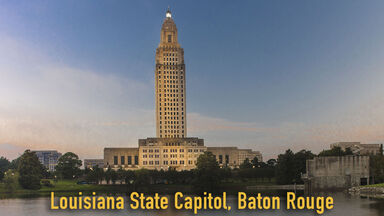The great reflecting telescope at Dorpat was manufactured by him, and so great was the skill he attained in the making of lenses for achromatic telescopes that, in a letter to Sir David Brewster, he expressed his willingness to furnish an achromatic glass of 18 in.
Though he duly finished his theological course and was licensed to preach, Brewster's preference for other pursuits prevented him from engaging in the active duties of his profession.
The fact that other philosophers, notably Etienne Louis Malus and Augustin Fresnel, were pursuing the same investigations contemporaneously in France does not invalidate Brewster's claim to independent discovery, even though in one or two cases the priority must be assigned to others.
An instrument of higher interest, the stereoscope, which, though of much later date (1849-1850), may be mentioned here, since along with the kaleidoscope it did more than anything else to popularize his name, was not, as has often been asserted, the invention of Brewster.
To Brewster is due the merit of suggesting the use of lenses for the purpose of uniting the dissimilar pictures; and accordingly the lenticular stereoscope may fairly be said to be his invention.

